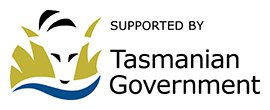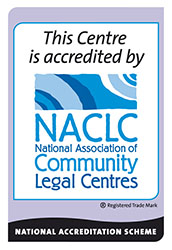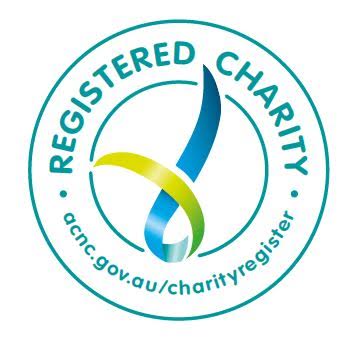
Client Eligibility for Service Guidelines
We are a ‘generalist’ legal service, providing legal advice and assistance across various areas of law. We also offer the following specialist services:
- Civil Law;
- Disability Discrimination;
- Welfare Rights Advocacy;
- Family Law;
- Employment law
Client Eligibility Criteria for advice and information
We provide free legal information, referral and legal advice to everyone in our service area but in times of high demand, due to limited resources, priority will be given to:
- People in “priority groups”
- People who are currently experiencing “financial hardship”
“Priority Groups” include
- Children and young people (up to 24 years);
- Indigenous Australians;
- Older people (aged over 65 years);
- People experiencing, or at risk of, homelessness;
- People experiencing, or at risk of, family violence;
- People in custody and prisoners;
- People residing in rural and remote areas;
- People who are culturally and linguistically diverse;
- People with a disability or mental illness;
- People with low education levels; and
- Single parents.
“Financial hardship” includes being eligible for a health care card, or being reliant on a Centrelink payment, or having income equivalent to or below the Centrelink eligibility income threshold. We also consider your personal responsibilities, your living costs, debts, savings and other assets.
Case work guidelines
Limited funding and resources restrict the amount of legal casework we can provide. In deciding if we can provide legal casework for you, we will consider if you are:
- Experiencing financial disadvantage
- In a priority group
- Seeking assistance in one of our specialist service areas
- Able to meet the criteria below
- Unable to self-advocate
- Unable to receive legal representation from any other service provider (whether paid, legal aid, or pro bono initiative)
- The matter has reasonable prospects of a successful outcome
- The matter raises systemic or public interest issues
- The extent to which the matter might stands to benefit others
We will also have regard to our current resources and capacity to provide the assistance sought.
Matters where we can’t assist
1. A conflict of interest exists (for more infromation about what a conflict of interest is, see this information sheet published by the Legal Profession Board Tasmania)
or
2. The matter is outside of our area of practice and resources. A non-exhaustive list of the types of matters we don’t assist with is noted below;
- Commercial matters including the sale or purchase of properties
- Drafting wills, commercial agreements or administering deceased estates
- Workers compensation
- Criminal matters where you are eligible for Legal Aid
If the matter you seek assistance with is outside our scope of service, we can still refer you to other legal services or organisations.
Legal Literacy Volunteer Program
Trained local volunteers work with local clients in their own communities to address issues before they require legal advice or intervention. Our volunteers don’t provide legal advice, but they do provide assistance to help clients complete and understand government or other documents including restraint orders and can identify when matters require legal advice and have established referral pathways to our Legal Centre and other legal services. Our volunteers are also trained to refer clients to other community services, when necessary, leading to early intervention in many cases. Volunteers are located at venues ranging from the local Neighbourhood House, Community/Medical Centre to major hospitals, Centrelink offices and Libraries Tasmania sites.
There are no eligibility requirements to access assistance from a legal literacy volunteer. Simply contact our office to find out where your nearest volunteer is located.

 Launceston Community Legal Centre Inc - Funded through the Tasmanian Government Department of Justice
Launceston Community Legal Centre Inc - Funded through the Tasmanian Government Department of Justice
